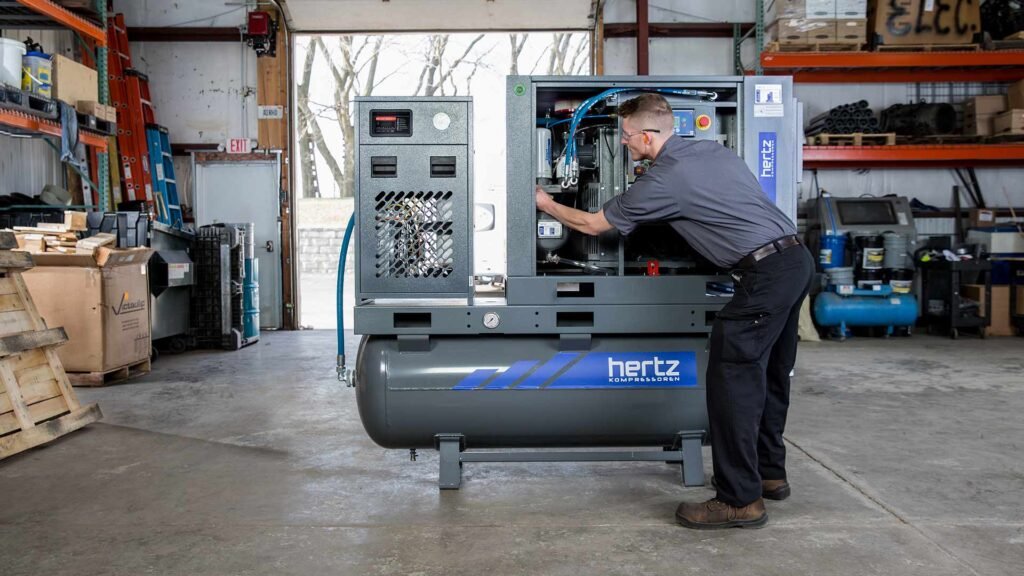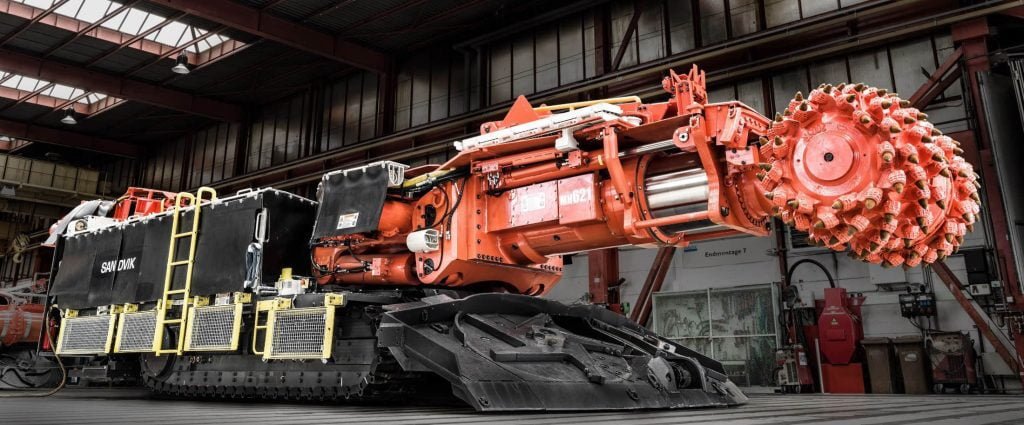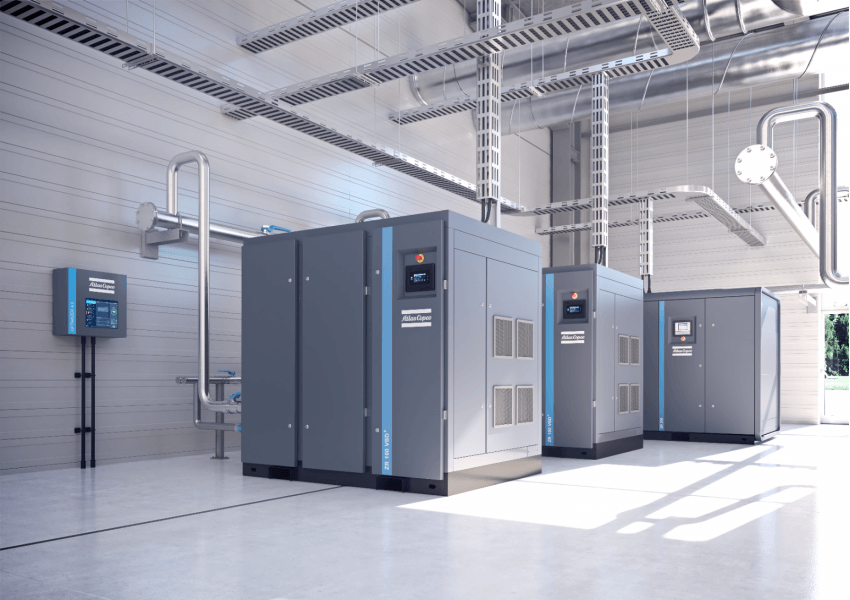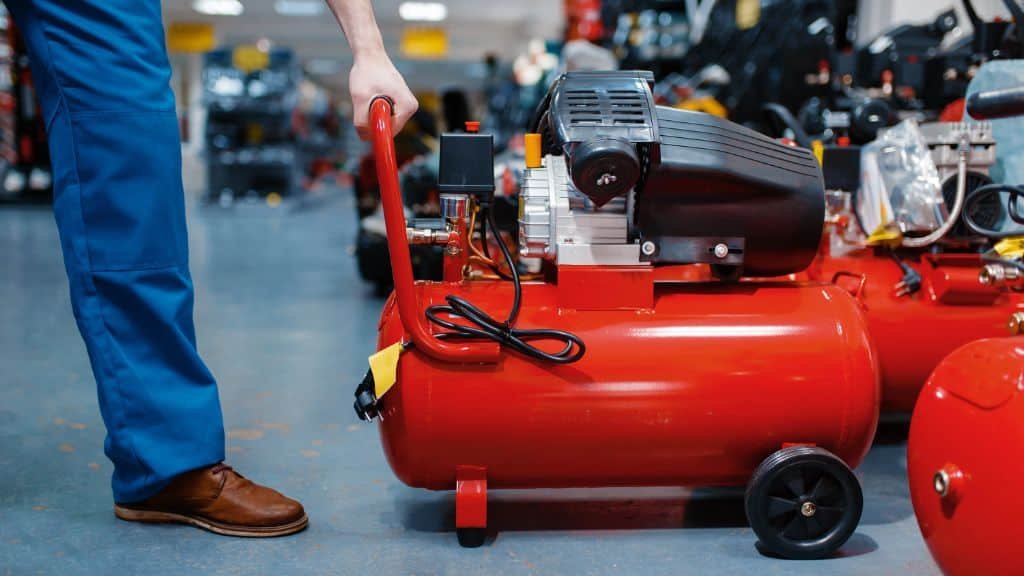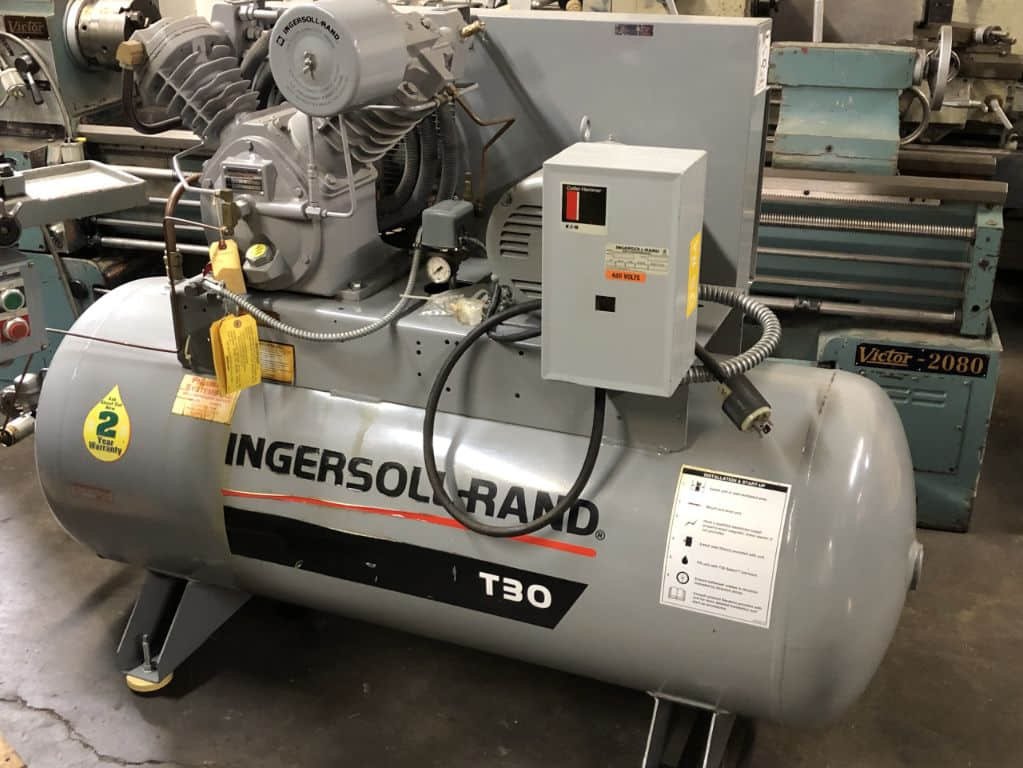Scheduled preventative maintenance service (also known as “PM”) on your air compressor system is a crucial aspect of ensuring its longevity and optimal performance. However, this process often raises questions about potential downtime and its impact on your business. This article aims to address these concerns and highlight the importance of having a backup air compressor.
Understanding Preventative Maintenance
Preventative maintenance involves several tasks that can determine the length of downtime. For a compressor less than 50 horsepower, typical maintenance, which includes air filter and belt changes, complete oil changes, equipment inspection, and inspection of electrical connections, can range between 2 and 6 hours on-site. Units producing more than 50 horsepower or with multiple units can take more than 4 hours to maintain.
The Value of a Backup Air Compressor
Having a reliable backup air compressor to take over during preventative maintenance helps eliminate downtime entirely. If your business depends on air, having a backup compressor is one of the best decisions you can make. Whether you are a large production plant with dozens of machines or you work from a home garage, your need for constant airflow is vital to keeping production going.
Benefits of a Backup Air Compressor
- Eliminates downtime with your air
- Distributes working hours evenly when operating multiple machines in tandem
- Minimizes wear and tear
- Limits preventative maintenance expenses
- Allows for scheduled preventative maintenance services for both compressors to be worked on during the same visit
Conclusion
Many times, obtaining a backup compressor does not mean making an additional high-value purchase, but rather retaining an older model that is still in working function. If you have any lingering questions about maintaining your current unit or finding the best solution moving forward, feel free to contact any of our air compression experts at Compressor World.
FAQs
- What does preventative maintenance for an air compressor involve? Preventative maintenance involves tasks like air filter and belt changes, complete oil changes, equipment inspection, and inspection of electrical connections.
- How long does preventative maintenance typically take? For a compressor less than 50 horsepower, maintenance can range between 2 and 6 hours on-site. Units producing more than 50 horsepower or with multiple units can take more than 4 hours to maintain.
- Why is having a backup air compressor beneficial? A backup air compressor eliminates downtime, distributes working hours evenly when operating multiple machines in tandem, minimizes wear and tear, and limits preventative maintenance expenses.
- Do I need to purchase a new compressor for a backup? Not necessarily. Many times, obtaining a backup compressor involves retaining an older model that is still in working function.
